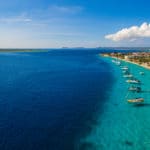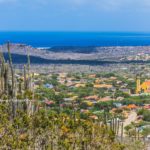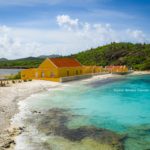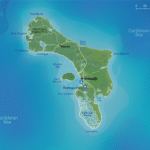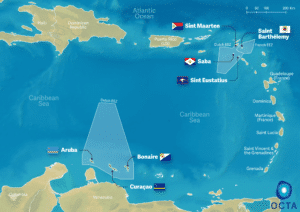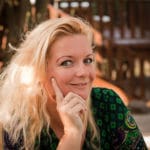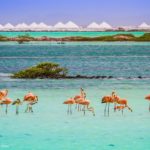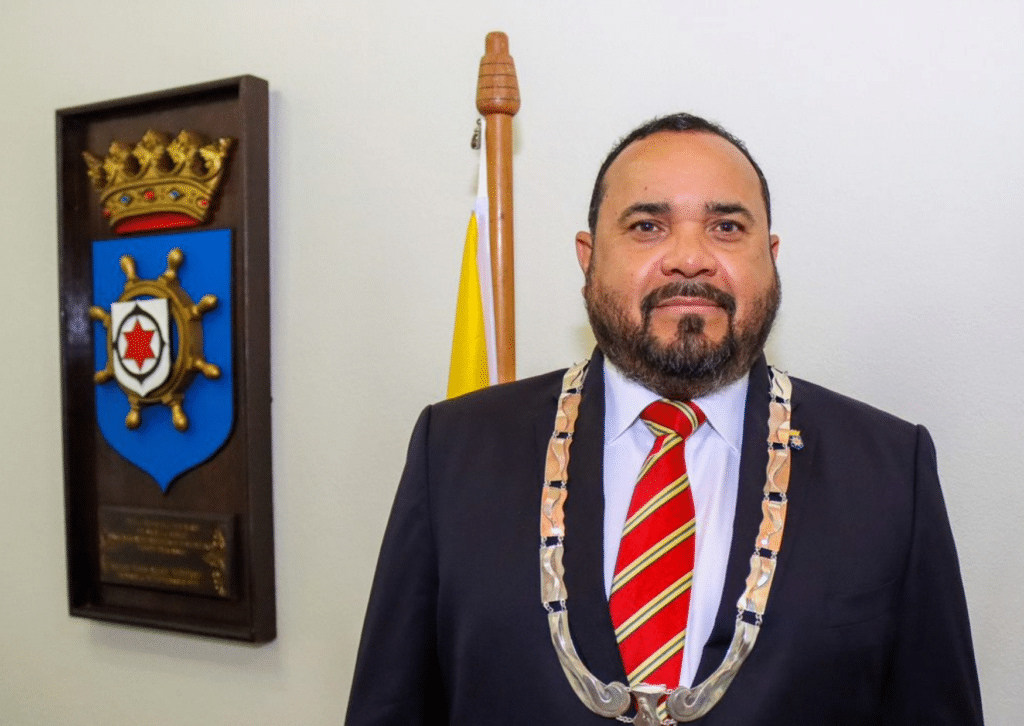Governor of Bonaire
Edison Rijna (born 7 July 1967) is the current Governor of Bonaire, appointed from 2020 to 2021.
Mr. Rijna obtained his bachelor’s degree in Banking and Finance in 1996. Between 2004 and 2011 he has worked for different private companies active in the banking sector. Mr. Rijna is additionally the executive director of Bon Recycling B.V.; a waste recycling company in Bonaire dedicated to creating awareness among the people of Bonaire about the importance and benefits of recycling. Prior to being appointed as the Island Governor of Bonaire on 20 August 2014, Mr. Rijna served as the acting Island Governor of the Island.
Mr. Rijna is the chairman of the Executive Council and the Island Council. He is not a member of the Island Council himself but can participate in the discussions during the meetings of the Island Council. As chairman, he is responsible for coordinating the meetings.


